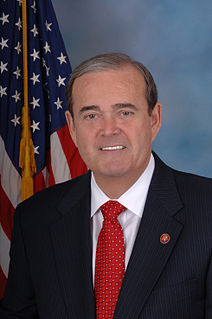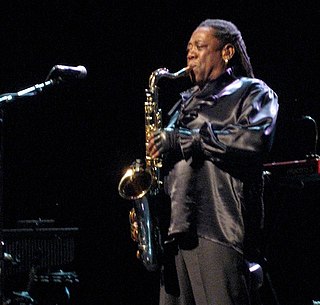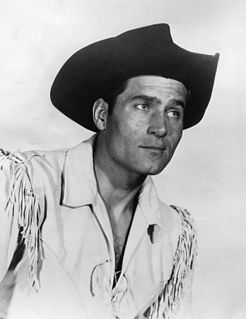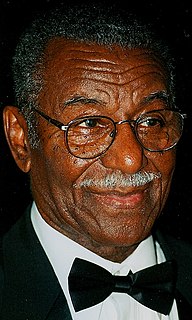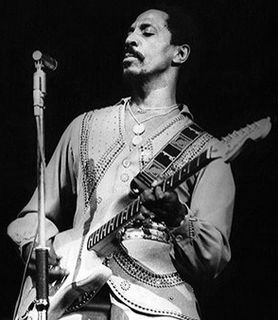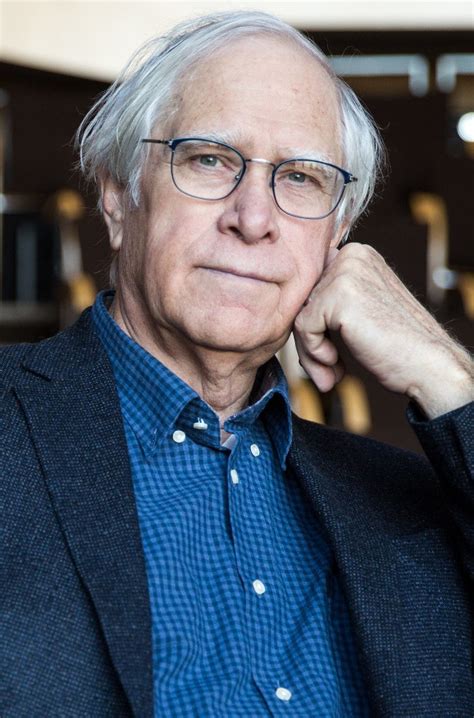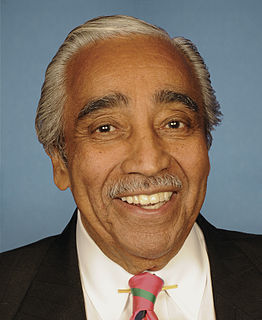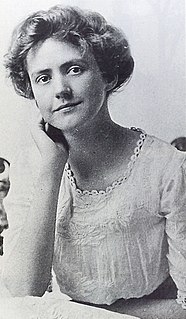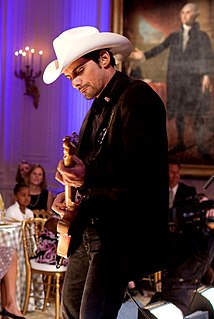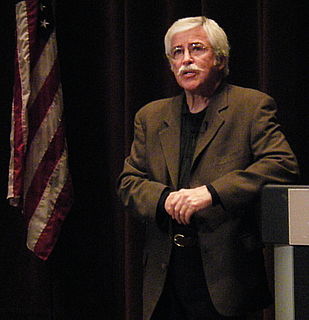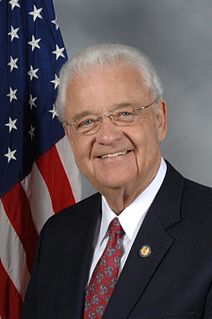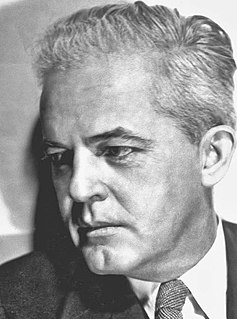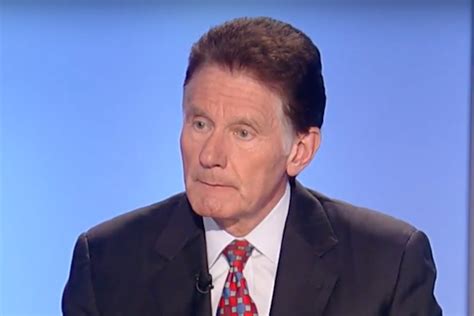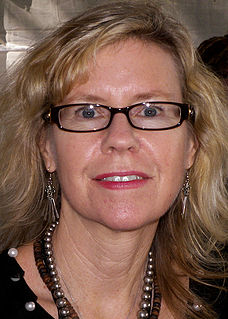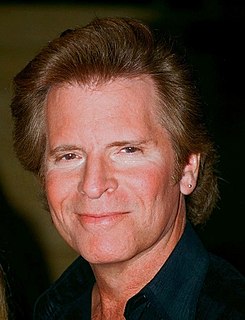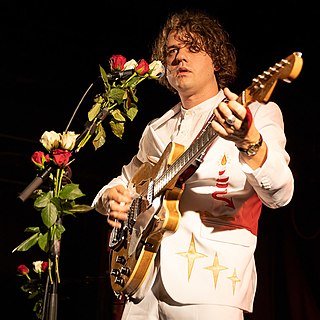Top 1200 Mississippi River Quotes & Sayings
Explore popular Mississippi River quotes.
Last updated on October 7, 2024.
Clearly we're in historic times here. We have - one of the tributaries of the Mississippi River is a river called the Merrimack. And the crest areas there - they're going to be a number of feet, 2, 3, 4, over what they were in '93 or '82. And on the Mississippi River itself, down below St. Louis, we're still projecting a couple of feet over that historic number. So the bottom line is there's a significant amount of water that's causing evacuations and challenges throughout that whole area.
In the space of one hundred and seventy-six years the Mississippi has shortened itself two hundred and forty-two miles. Therefore, in the Old Silurian Period the Mississippi River was upward of one million three hundred thousand miles long, seven hundred and forty-two years from now the Mississippi will be only a mile and three-quarters long. There is something fascinating about science. One gets such wholesome returns of conjecture out of such a trifling investment of fact.
I wrote a story about a man who is orphaned during the 1927 Mississippi River flood in Louisiana, and he's on the banks of levee, and he's starving. And there are other people starving, too. And he's so desperate, he's seven years old, that he finds a pig that's been abandoned. He kills it with a hammer, and he drags it back.
The river itself has no beginning or end. In its beginning, it is not yet the river; in the end it is no longer the river. What we call the headwaters is only a selection from among the innumerable sources which flow together to compose it. At what point in its course does the Mississippi become what the Mississippi means?
Gary is a old factory town right outside Chicago. From my standpoint, my family migrated there in the '50s and '60s from Mississippi - Sardis, Mississippi - shout out to Sardis, Mississippi. My family migrated there just like a lot of black families in that area: they migrated there to get jobs, to get those factory jobs, that steel mill job.




